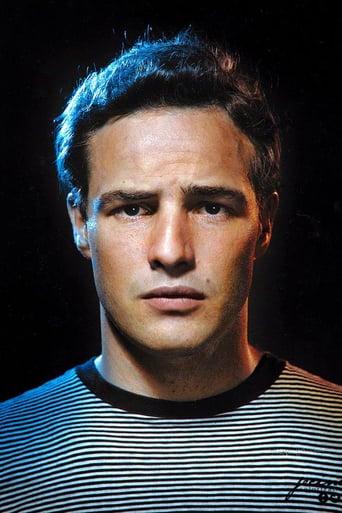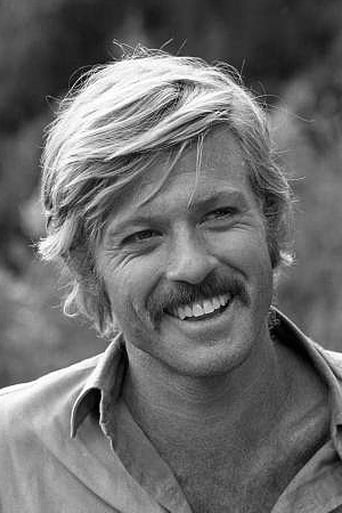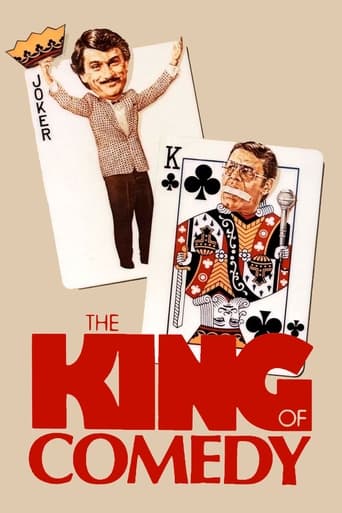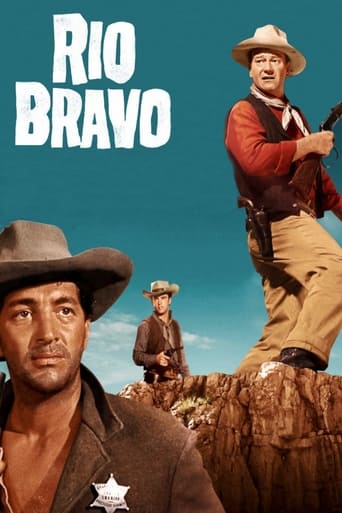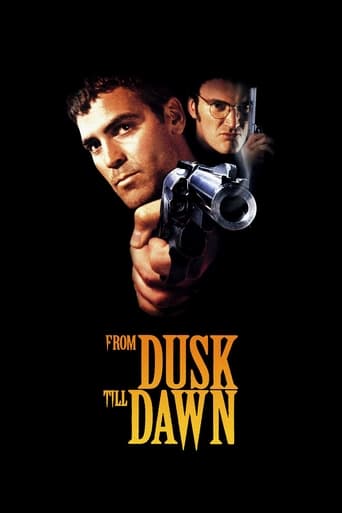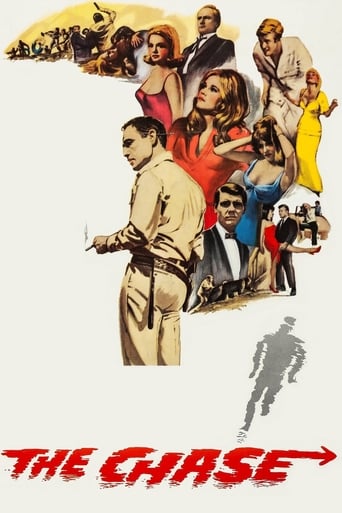
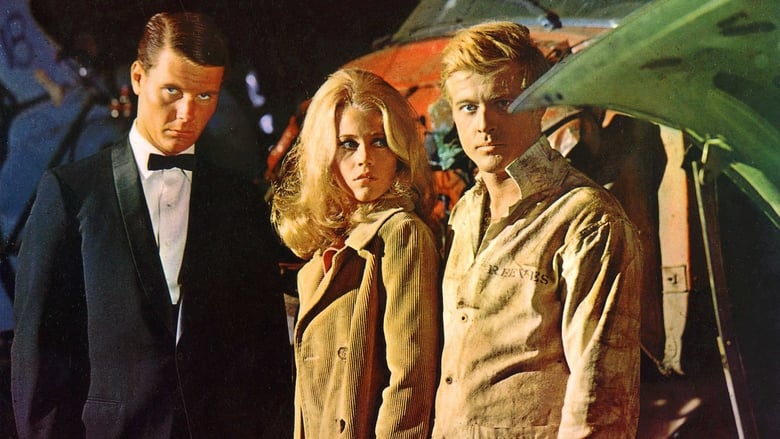
The Chase (1966)
The escape of Bubber Reeves from prison affects the inhabitants of a small Southern town.
Watch Trailer
Cast
Similar titles
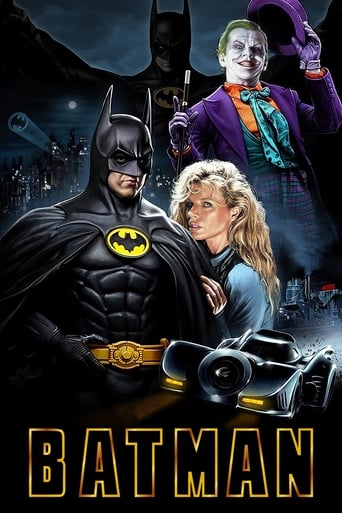

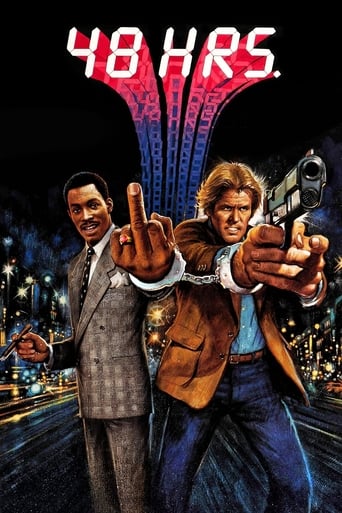

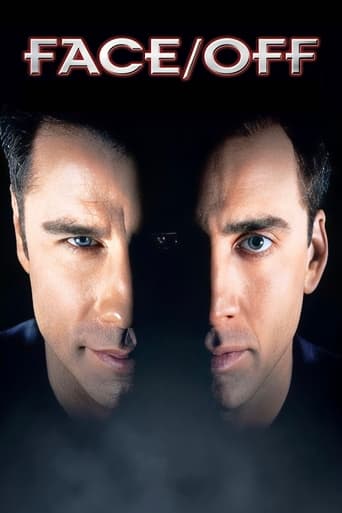
Reviews
I think this is a new genre that they're all sort of working their way through it and haven't got all the kinks worked out yet but it's a genre that works for me.
Simply Perfect
A lot of fun.
At first rather annoying in its heavy emphasis on reenactments, this movie ultimately proves fascinating, simply because the complicated, highly dramatic tale it tells still almost defies belief.
(*Movie quote that set the tone of this film's story*) - "Let white man take care of white man's troubles!"Out of The Chase's total running time of 135 minutes - I'd say that its dreary, small-town, soap opera story only rose above that mediocrity for about 10 of those many minutes. It's true.Marlon Brando's irksome, phone-in performance aside - Am I the only one who got so sick to death of hearing the name "Bubber" being spoken by just about everyone (and their dog) in the horrid, little town of Tarl, Texas? Eh? Am I!?And, speaking about "Bubber" - IMO - Only a babbling idiot (which I guess "Bubber" was) would head straight back to his hometown after breaking out of prison. Like - DUH!!??All-in-all - 1966's The Chase was total brain-dead idiocy from start to finish.
This movie was a product of the times like "All in the Family". Yeah, it was a Texas small town full of greedy heartless racist amoral lustful horrible white people. Maybe the writer was projecting her Hollywood social milieu? But nothing about it was believable starting with the beautiful sweet escaped con Bubber (what a stupid name) played by Robert Redford. He only had a couple months to go on his sentence, for a crime that was never mentioned but he had to be a free man like Cool Hand Luke, a classic 60s rebel stereotype mode. But he had to get free. The first big drama was that the hardened con he broke prison with killed a man for his car and money, which of course implicated Blubber. Even though most people in Tarl, the town in question, who knew Bubber knew he was basically a nice guy, lots of people all got it into their heads Bubber was coming back to get them personally. The spiteful weak bank VP Edwin Stewart, played by Robert Duvall, was certain Bubber was going to get him because of what he did to him 20 years ago as teenagers. Meanwhile his cheating lustful wife Emily is flirting with other men at his work place. This is just one example of the cartoonish Peyton Place vibe of the film. The film is partially carried by Marlon Brando as the town sheriff, Calder. He is a good man along with his stolid wife Ruby, played by Angie Dickinson. They managed to work some small Southern town racism on the side to gin up our contempt for these "evil" Southern white people. This is what made the movie so appealing to leftist urbanites and foreigners whose inclination was to regard the whole South as evil racist troglodytes,The script had some intelligence in it, but that was subsumed by its cynical cleverness. But it all failed at the end with a ridiculous and fatal scene in a burning junkyard. Here the locals all gathered to get Bubber, torch the place and party at the same time. The final climactic scene made no sense with one of the locals imitating Jack Ruby and gunning down the hapless Bubber, as our noble sheriff brought him to jail. This of course made no sense since Bubber did not murder a president. At worst he was suspected of murdering a strange man from another part of Texas so the movie's "Jack Ruby" connection is tenuous at best.
Clean-cut blond convict Robert Redford (as Charles "Bubber" Reeves) and another inmate escape from prison. His companion kills a motorist and leaves Mr. Redford to make it home alone, on foot. Before leading "The Chase" to his small Texas hometown, Redford leaves a great set of fingerprints on the rock his fellow inmate used to kill the hapless motorist. It doesn't look good for Redford, but Sheriff Marlon Brando (as Calder) thinks the young man is innocent. Town folk give Mr. Brando a hard time. People expect Redford will try to see his beautiful wife Jane Fonda (as Anna), which is to be expected. In best soap opera fashion, Ms. Fonda has hooked up with Redford's former best friend James Fox (as Jason "Jake" Rogers). His banker father E.G. Marshall (as Val Rogers) owns the town...Something better should have resulted from a motion picture produced by Sam Spiegel and directed by Arthur Penn. Lillian Hellman, who re-wrote "The Chase" from a play by Horton Foote, disowned the screenplay. Reportedly, it was re-written by others. In the central performance, Brando delivers; it's likely you'll remember him mumbling "Bubber" after forgetting most of the film's details...Early on, the director signals a creative ride by "backing up" and "parking" the camera like an automobile...The bloody fight scene with Richard Bradford (as Damon Fuller) besting Brando, and Mr. Penn's imaginary cocktail party shoot-out are memorable. Several in the cast have good moments, with Robert Duvall and Janice Rule (as Edwin and Emily Stewart) making the most of their supporting roles. Brando gets screen time with Mr. Duvall and Ms. Rule always seems ready to fall out of her dress...Everyone in town is anticipating the return of Redford's "Bubber" (or "Bubba"), and this is the film's main problem. Redford looks like he's auditioning for a shampoo or deodorant commercial when he's supposed to seem menacing. While less so, Fonda is another excellent performer who appears not to be at her potential. They could have given Redford a prison haircut, had him pocket a gun found on the dead motorist's body, and ordered the make-up crew show a few scars. Of course, they could have also re-cast the role. Making it worse, we spend an inordinate amount of time cutting away from the trashy and more interesting townspeople to see Redford running, jumping and swimming around the countryside. Instead of elevating tension, these excessive scenes break the film down.***** The Chase (2/17/66) Arthur Penn ~ Marlon Brando, Robert Redford, Jane Fonda, James Fox
Bubber Reeves is a born loser. Actually, there are two types of born losers, so a distinction is in order: first, there are those who fate has decreed shall always lose out no matter what they do; and then there are those who are losers of their own free will. Bubber Reeves is a little of both.It does seem that fate has dealt him a few bad hands. When he was young, he was sent to reform school for something he did not do (stealing some money). And when he escapes from prison, his fellow escapee murders a man and takes off with the man's car, leaving Bubber behind. And when he hops on board a freight train he thinks is headed for Mexico, it turns out that the train is headed north, in the direction of his home town. Of course, fate also made Bubber the best looking guy in the county, which he should have been able to work to his advantage.That he does not turn his good looks to his advantage leads us to the fact that Bubber is also the second kind of born loser. He keeps making bad choices. At one point in the movie, he says to Lester that Lester owes Bubber, because Bubber took a rap for him once. Gee, that was a nice thing to do. But I wouldn't take a rap for anybody, especially if I already had a criminal record. Second, with only a year and three days left in his prison sentence, he makes a break for it because he was served a bad pork chop. Third, even if he did hop the wrong freight, he did not have to go to the one town in North America where everyone would know him, the town where he grew up, and where law enforcement would be most likely to be looking for him. Sheriff Calder says, "Bubber knows better than to come back here." No, apparently he doesn't.Then there is Edwin Stewart, ultimate lickspittle and cuckold. He was the one who stole the money for which Bubber was blamed. He seems to be sorry for what he did, but then he rats out Bubber to gain favor with his boss, Val Rogers, so he is just as despicable as a mature adult as he was as an immature adolescent.Edwin is married to Emily, a sexy, sultry adulteress. Theirs is the most ludicrous marriage since that of George and Sherry Peatty (Elisha Cooke, Jr. and Marie Windsor) in "The Killing" (1956). She not only is obvious in the affair she is having with Damon, which Edwin pretends not to notice, but she also embarrasses Edwin in front of his boss, and belittles him openly because he is such a wimp that he does not carry a gun, unlike most of the men in that town. Yes, to be a real man in this small Texas town, you have to carry a gun. And it must be a revolver. Semi-automatics are for Yankee city slickers.And these are just some of the caricatures in this movie. We never feel that we are watching real people in a real town, but caricatures in a town that itself is a caricature. Sheriff Calder and his wife Ruby seem to be genuine people, so it is no surprise that at the end of the movie, they leave town. Not being caricatures, they just do not belong there.As for Bubber, being the loser that he is, what would normally be an unhappy ending is actually a happy one. That is, when one of the pistol-packing citizens shoots Bubber to death on the steps of the sheriff's office, that would appear to be a bad thing, but we in the audience are relieved. Otherwise, we would have to imagine Bubber going back to prison and having to eat that pork chop.
